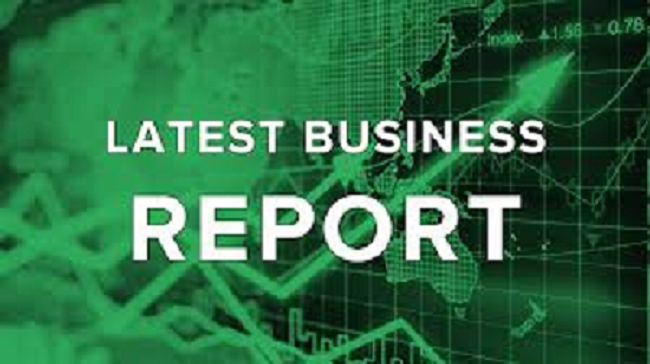Yet the Fed tries to deny the implications of being the steward of the world’s reserve currency in a world of extremely nimble investors who have large pools of funds at their disposal. ZIRP and QE have made the US a major funder of a global carry trade. Remember when global market activity could be summed up by “risk on-risk off” reactions to news? One of the big beneficiaries of “risk on” trades were emerging economies, particularly ones with relatively high domestic interest rates. And when investors got spooked, they’d be the canaries in the coalmine, suffering the most when the tide of money sloshed back to seemingly safer havens.
The Fed’s response to considerable unhappiness of central bankers in the countries that are exposed to the moods of hot capitalists has been to try to deny that the Fed has anything to do with these shifts, or to try to blame the other countries, as in it’s their fault that the money left.
Former IMF Chief economist, now India’s central bank governor Raghuram Rajan took issue with the Fed’s efforts to shift blame in a 2014 Bloomberg interview:
Emerging markets were hurt both by the easy money which flowed into their economies and made it easier to forget about the necessary reforms, the necessary fiscal actions that had to be taken, on top of the fact that emerging markets tried to support global growth by huge fiscal and monetary stimulus across the emerging markets. This easy money, which overlaid already strong fiscal stimulus from these countries. The reason emerging markets were unhappy with this easy money is “This is going to make it difficult for us to do the necessary adjustment.” And the industrial countries at this point said, “What do you want us to do, we have weak economies, we’ll do whatever we need to do. Let the money flow.”
Now when they are withdrawing that money, they are saying, “You complained when it went in. Why should you complain when it went out?” And we complain for the same reason when it goes out as when it goes in: it distorts our economies, and the money coming in made it more difficult for us to do the adjustment we need for the sustainable growth and to prepare for the money going out.Read the entire article
